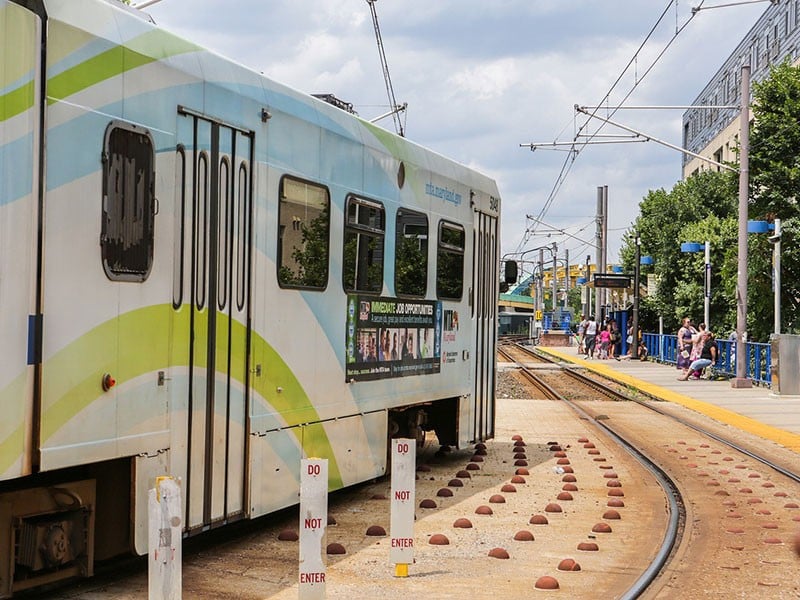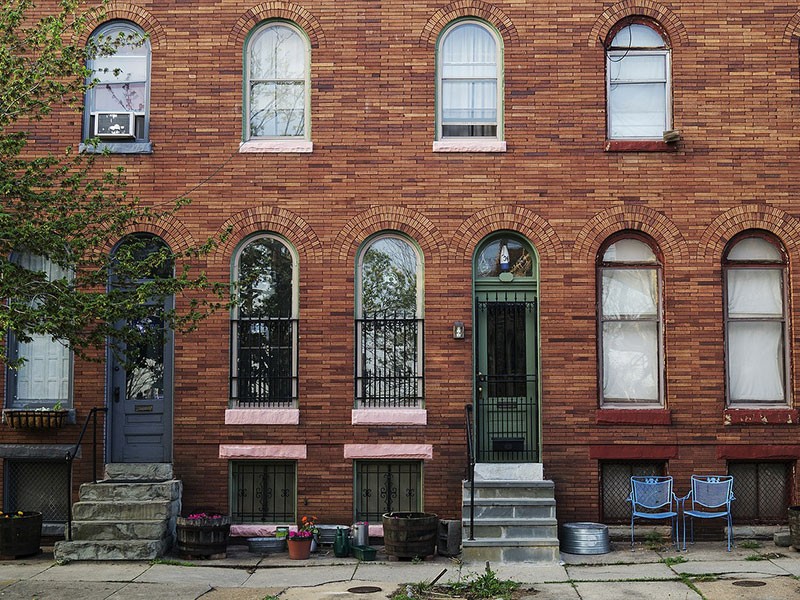Large urban areas don’t have the best track records when it comes to eco-friendliness. The Great American port, T.S. Eliot, often described such settings as “unreal”, of course referring to their direct opposition to the natural world. So, if you’re an eco-friendly person (or want to become one) who has either decided to move to Baltimore, or must move there for work, family, etc., you may be a bit worried that the change in scenery will prevent from living the earth-healthy life you have become accustomed to. Luckily, there are many ways in which you can retain your penchant for caring for the planet while still enjoying the artificial benefits that city life provides. Here is a quick guide to living an eco-friendly life amid all that big-city industrialized hustle and bustle.
Farmer’s markets
The whole organic movement has provided the opportunity for many grocery stores to sell fresh and local foods to the residents of any area. However, you can’t really get as fresh as a farmer’s market. These are local farmers selling direct to you, and you can be sure that they are the freshest options available. Not only are you supporting the local economy, you are ensuring that not nearly as many plastic bags and wasteful habits are included in the process. If it’s your first time to a farmer’s market, you’ll need to purchase a few reusable totes for your local goodies. The market in Baltimore represents a great view into the culture and overall feel of the city’s ambience, and it’s a must for any new resident. In addition, they have several events that they hold throughout the season, as well as local artisans that sell a variety of unique, handmade goods.
Ditch the car
One of the biggest perks of living in any large urban area is the ease of transportation. Public transportation in Baltimore doesn’t break the bank the way a car does. Use as taxi and ride sharing services to fill out the grey areas. Plus, with the traffic, it might just be far too stressful to own a car. There are so many ways to get around without those options as well. Walking or biking can both give you some great exercise and increase your financial savings while remaining un-harmful to this beautiful world. If you choose biking, be sure to familiarize yourself with bicycle commuting etiquette and laws. In the end, find a different or creative way of going from A to B, and you’ll be helping the air pollution immensely.
Downsizing
Moving to the city means multiple things. Yet, one of the biggest changes will come in the form of living space reduction. While you may be a bit upset about the lack of roaming ability, the change represents a great opportunity for eco-friendly additions to your lifestyle. This is mainly because the reduction of space also means the reduction of personal items that you’ll be able to fit within that space. If this sounds like something you’ll need to tackle, you’ll need to find a way to get rid of everything you can live without. However, avoid simply throwing out all of your unwanted items. The purpose of downsizing isn’t to create more waste solely because you don’t have any more room. Instead, think about donating or selling the items you deem unnecessary for your new life. Anything that isn’t in donatable or selling condition, recycle. If you’re unsure what you can donate or recycle (or don’t want to deal with it), contract a service to pick up your waste for you. Just ensure that they have an environment program in place to reuse and recycle before sending your waste to the local landfill.
Community gardens
This is perhaps the best way to ensure that you are being eco-friendly in Baltimore. There are so many benefits to having local gardens in large cities. First, you can grow your own food and reduce the need to commercially produce those same items. Second, there is no need for paper or plastic bags when you need only step outside of your front door or into your neighborhood to collect the vegetable or fruits you fancy at the time. Third, you are replacing otherwise unused, or paved-over sections of a limited urban space with natural flora. Major cities like Baltimore could use more green within its limits. There are many community gardens to get involved in in the Baltimore area, one of the most known being the Baltimore Free Farm.
Eco-friendly living in Baltimore
As the population of this country, and indeed this world, increases, it’s important for everyone to begin to make changes to their overall lifestyle in favor of an eco-friendly mindset. The beauty of Baltimore, and our world, won’t last if nobody keeps the environment top of mind. With these tips, you can not only help the Baltimore’s economy, but improve the way the city is used, and possibly designed moving forward. It’s not too late to change the way we do things and becoming environmentally conscious in Baltimore is perhaps the best way to start.


